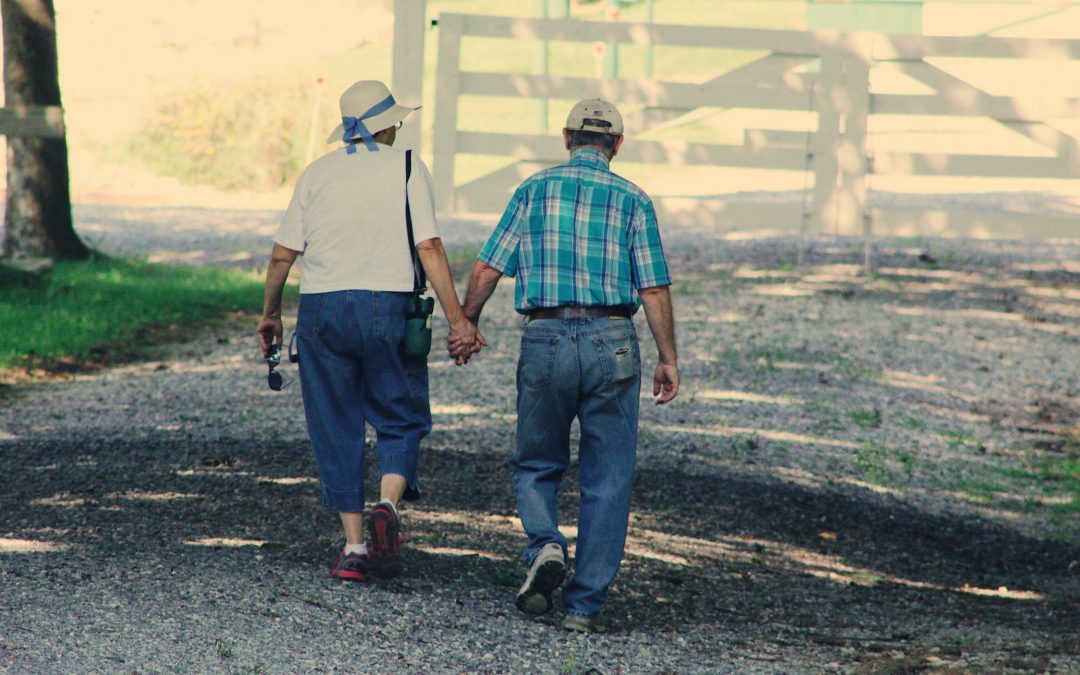Despite the billions spent each year on health supplements, hours spent in the gym or any cosmetic surgery that we may consider, our body is aging on the outside as well as the inside. We see the outward signs – more wrinkles, more grey hair, our body shape changes and we lose muscle mass and strength. We lose about 15 per cent of muscle mass and strength per decade over the age of 50.
Over 2.2 million Australians both men and women over the age of 50 are affected by Osteoporosis. There are no symptoms of osteoporosis before the first fracture. Our fear of falling and breaking bones increases as we age and stops us from doing things. Low bone density affects 1 in 3 women over the age of 50.
As we age our metabolism slows so we burn fewer calories for the same amount of activity as when we were younger. As a result, we may have less energy and put on weight. We then find it difficult to lose weight once we have put it on. The weight gain can lead to overweight and obesity (70per cent of older Australians) which can lead to health issues like diabetes, heart disease, stroke, arthritis and a number of different cancers. 1 in 5 Australians will suffer chronic pain and these increases to 1 in 3 after the age 65.
We also lose flexibility and elasticity. Our sleep patterns often change as we get older – sleep earlier and wake earlier. Insufficient sleep has been linked to memory problems and depression.
So how do we live with our body as we age?
It is important to have annual health checks including dental. Males are particularly bad for not having checkups so men, make it a priority.
We need to change what we eat. As we grow older, our body needs different foods and we can no longer eat the same foods or quantities of food that we once did. We may need to eat more regularly. Eating lots of fruit and vegetables and foods high in calcium helps to keep our bones stronger. We should reduce our intake of red meats and processed foods while increasing the amount of fish that we eat. We need to drink more water and less alcohol and soft drinks.
While we go to work, we are generally getting some exercise even if it is walking from the train or bus station to our place of work, or going out for a coffee or lunch. When we retire, what physical activity will we do or will we become a couch potato?
It is important to start exercising now. Brisk walking is good but we need a routine including other exercises. As well as cardio exercises, we need to look at exercises that address balance, flexibility and resistance training. Even moderate weight lifting is good.
There is growing evidence suggesting exercise is effective treatment method for people suffering from acute and chronic mental illness.
Our brain is like a muscle and the more that it is exercised, the better condition it will retain. Challenging the mind can improve brain function and our overall health. How are you challenging your brain? Crosswords, jigsaws, puzzles, Sudoku, playing cards, learning a new language or a musical instrument are all good ways to exercise your mind.
Health, is rated as one of the top priorities for people planning retirement and it is one of the topics that is covered in our webinar on Holistic Retirement Planning. Would you like to find out more?

